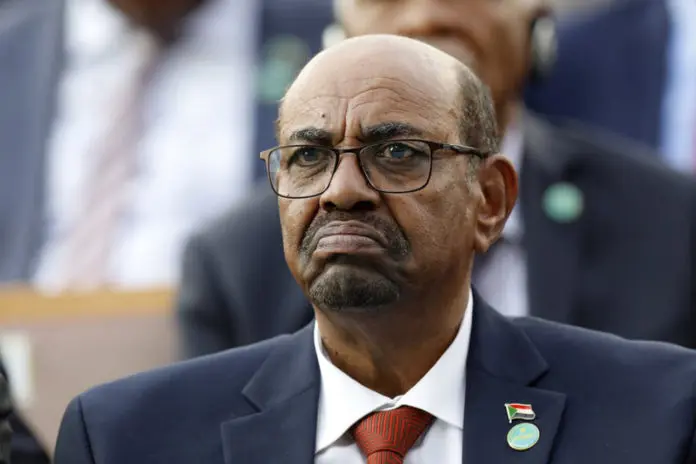- P.O. Box: 11482 Yaoundé, Cameroon; Headquarters: Efoulan, Yaoundé 3
- contact@caessinternational.org

Here is the English translation:
With the ambition to regain control of state affairs and destabilize the transitional government, supporters of former Sudanese President Omar al-Bashir allegedly attempted a coup d’état on September 21, 2021, in Khartoum. Currently imprisoned, Omar al-Bashir has been identified as the main instigator of this coup attempt.
In April 2019, during a popular uprising that unusually united the Sudanese defense and security forces with the general population—primarily driven by the country’s worsening economic situation—the regime of Omar al-Bashir, marked by radical Islamism and corruption, was overthrown. In the context of Omar al-Bashir’s imprisonment following his removal from power, his supporters appear to have chosen the path of a coup to reclaim control. This option was previously used by al-Bashir himself in 1989 when he overthrew Prime Minister Sadiq al-Mahdi’s government to become President of Sudan.
Moreover, tensions among members of the transitional government—which is expected to last at least 39 months and culminate in elections in 2024—are exacerbated by rising prices and food shortages, creating a climate of instability fueled by the country’s economic difficulties.

Over three (03) decades in power, it seems evident that certain units of the army and intelligence services remain loyal to al-Bashir, as do some former members of the National Congress Party. Since his imprisonment, several coup attempts have reportedly been planned without the direct involvement of Omar al-Bashir. In this context of increasing anti-democratic plots to seize power, the transitional authorities appear hesitant about transferring the ousted president to the International Criminal Court (ICC) in The Hague.
Thus, coup attempts planned both by some actors within the transitional government and by pro-Bashir Islamists have created a toxic atmosphere in the country. In this way, the coup attempt of September 21, 2021, led to the arrest of officers and soldiers involved in the conspiracy.
Moreover, these counter-revolutionaries are aware of two closely linked facts:
Their limited capacity to cause harm despite their deep infiltration into the state apparatus;
And the country’s ungovernability in the event of a violent takeover.
This is despite the clear divisions among members of the transitional government, and despite its popular legitimacy and foundation. Human security in the country is deteriorating, especially in the health and education sectors. To address this, debt relief measures have been adopted to revive the economy and normalize the situation to gain access to funding from international partners.

These three (03) triangular poles of the transitional government maintain a fragile balance that has been gradually tipping towards rupture since the beginning of the transition without truly manifesting. Under these conditions, holding free and transparent elections, and the transfer of power from a military leader to a civilian marking the end of the transition, seem increasingly uncertain.